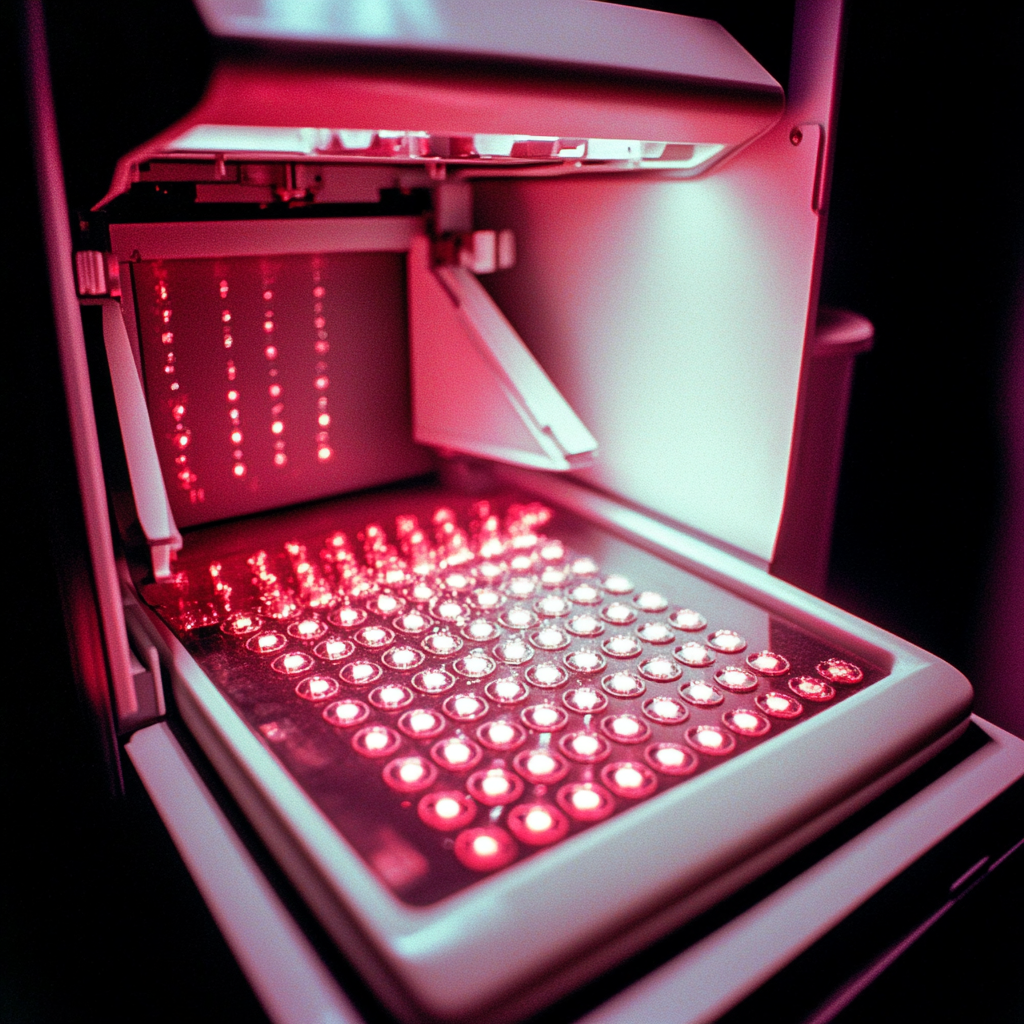BMJ Open Gastroenterol. 2025 May 12;12(1):e001709. doi: 10.1136/bmjgast-2024-001709.
ABSTRACT
OBJECTIVE: This cost-effectiveness analysis compares vonoprazan against lansoprazole, a gold-standard proton pump inhibitor, in managing erosive oesophagitis.
METHODS: The economic evaluation was carried out using data from a double-blind, randomised control trial. Costs were measured in pounds sterling. Effectiveness was assessed on a binary scale, resolution versus non-resolution of disease, after 32 weeks.
RESULTS: The primary analysis produced an incremental cost-effectiveness ratio (ICER) of £3421.27 per resolution. After applying quality-adjusted life year (QALY) data from the REFLUX trial (2008), we derived an ICER/QALY of £34 747.32, marginally exceeding the £30 000 threshold set by the National Institute for Health and Care Excellence. However, further subgroup analysis showed cost-effectiveness when healing severe grades of oesophagitis (ICER/QALY of £22 165.56). The first sensitivity analysis considers the typically non-invasive determination of disease resolution; the ICER/QALY of £15 826.98 supports vonoprazan’s use in treating severe oesophagitis. The second considers a longer healing phase alongside a stronger 30 mg maintenance dose of lansoprazole, concordant with current guidelines; the ICER/QALY of £43 998.39 suggests the guidelines (regarding dosage, frequency and duration) must be optimised for vonoprazan. The final sensitivity analysis accounts for variations in quality-of-life measures, which grossly inflate the ICER/QALY (£118 216.32); this emphasises that vonoprazan should mainly be considered for patients with persistent symptoms and high severity.
CONCLUSION: Vonoprazan is potentially cost-effective for the initial healing of severe oesophagitis, after endoscopic diagnosis. Further trials and economic evaluations are necessary for the symptom-based prescription of vonoprazan and to determine the optimal dosage, frequency and duration.
PMID:40355277 | DOI:10.1136/bmjgast-2024-001709
